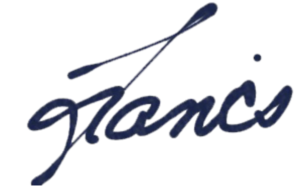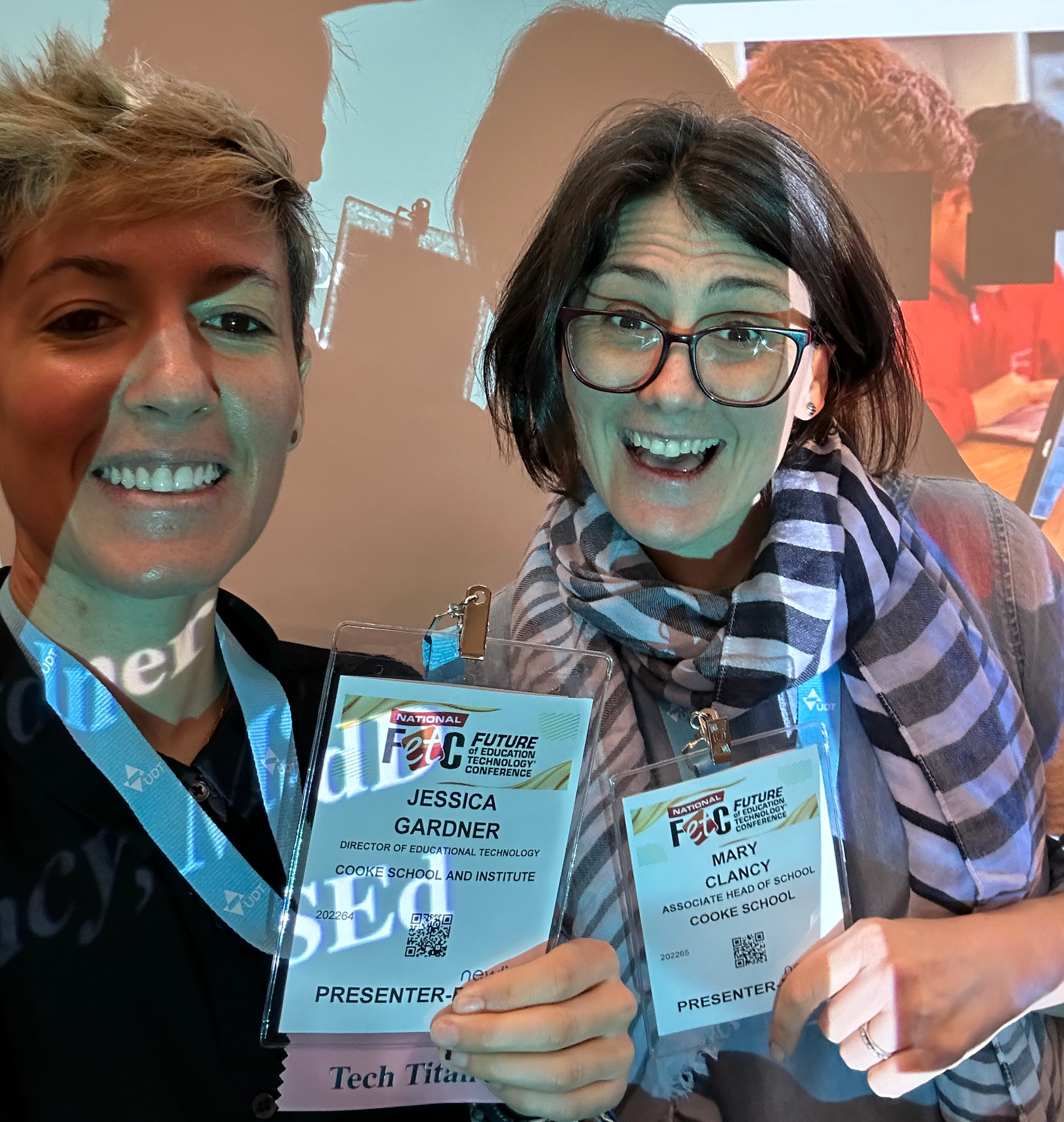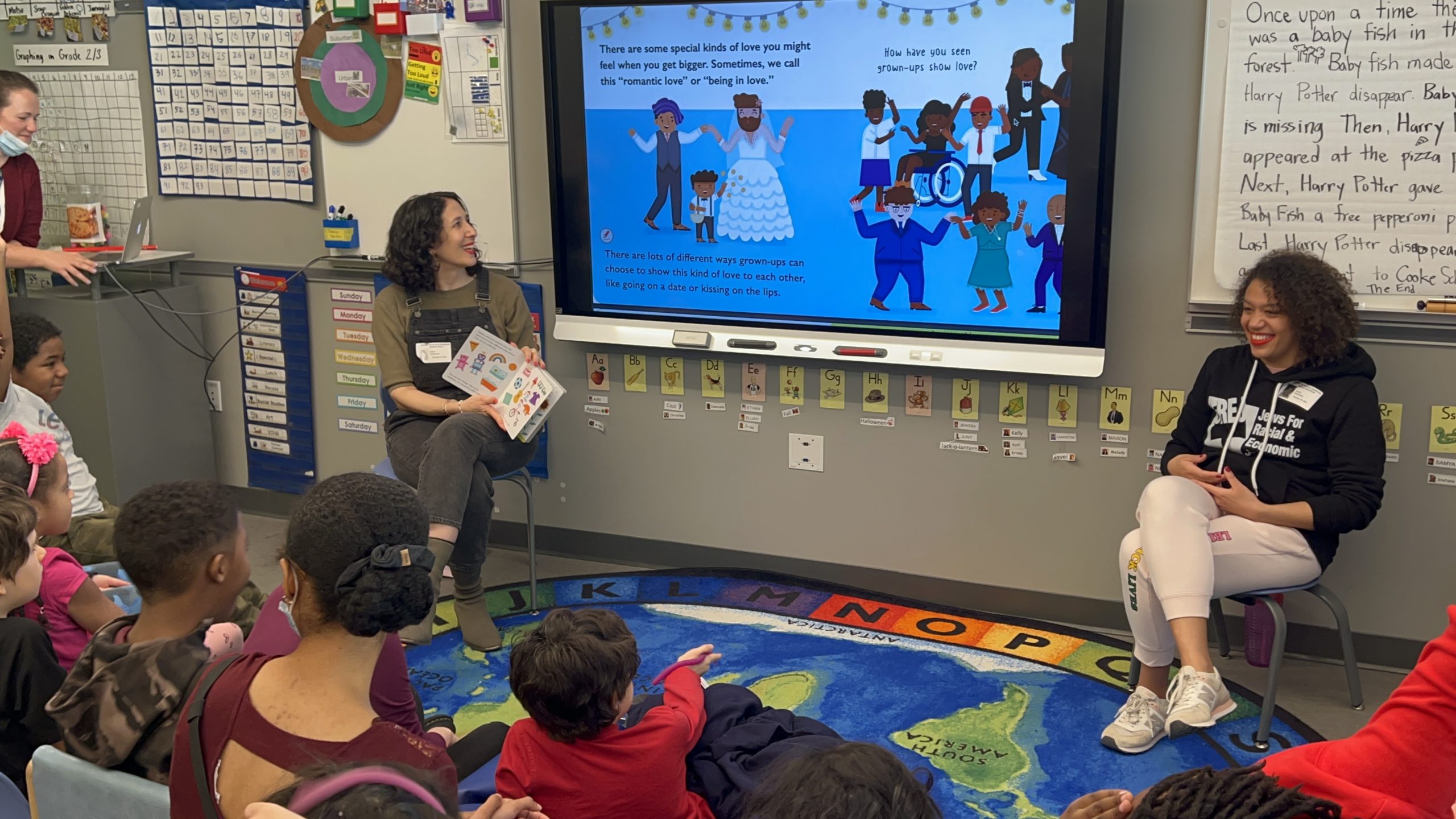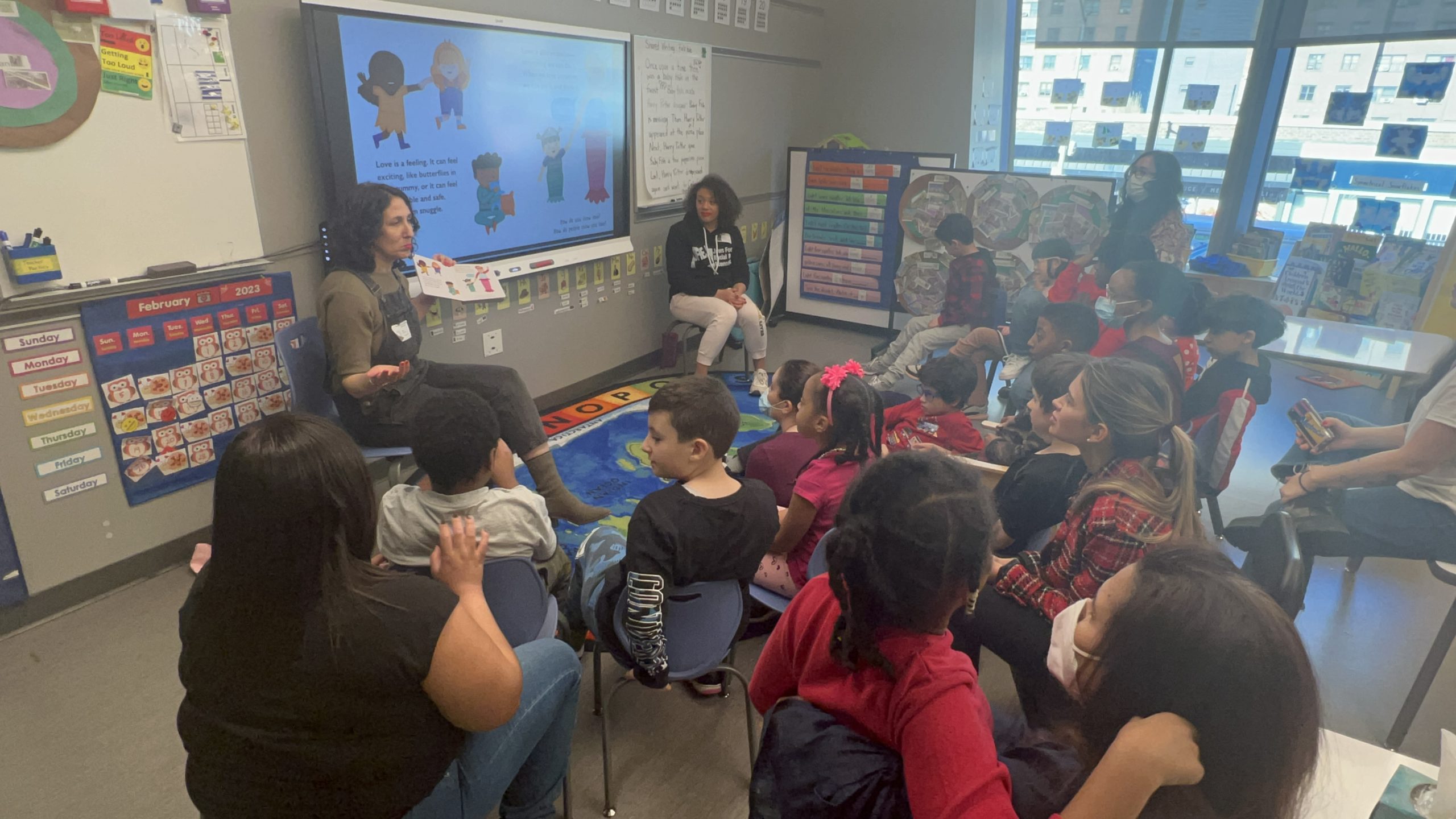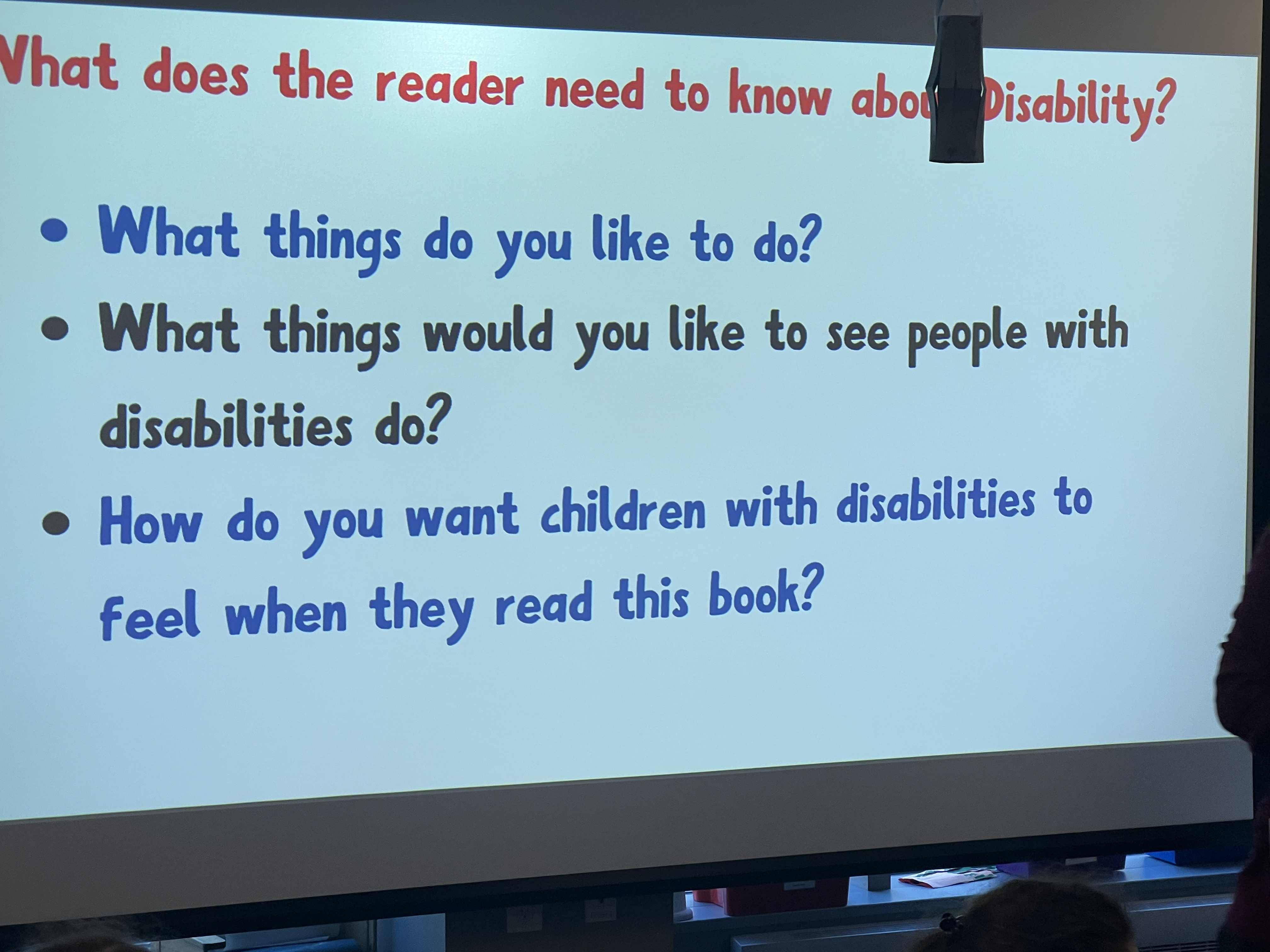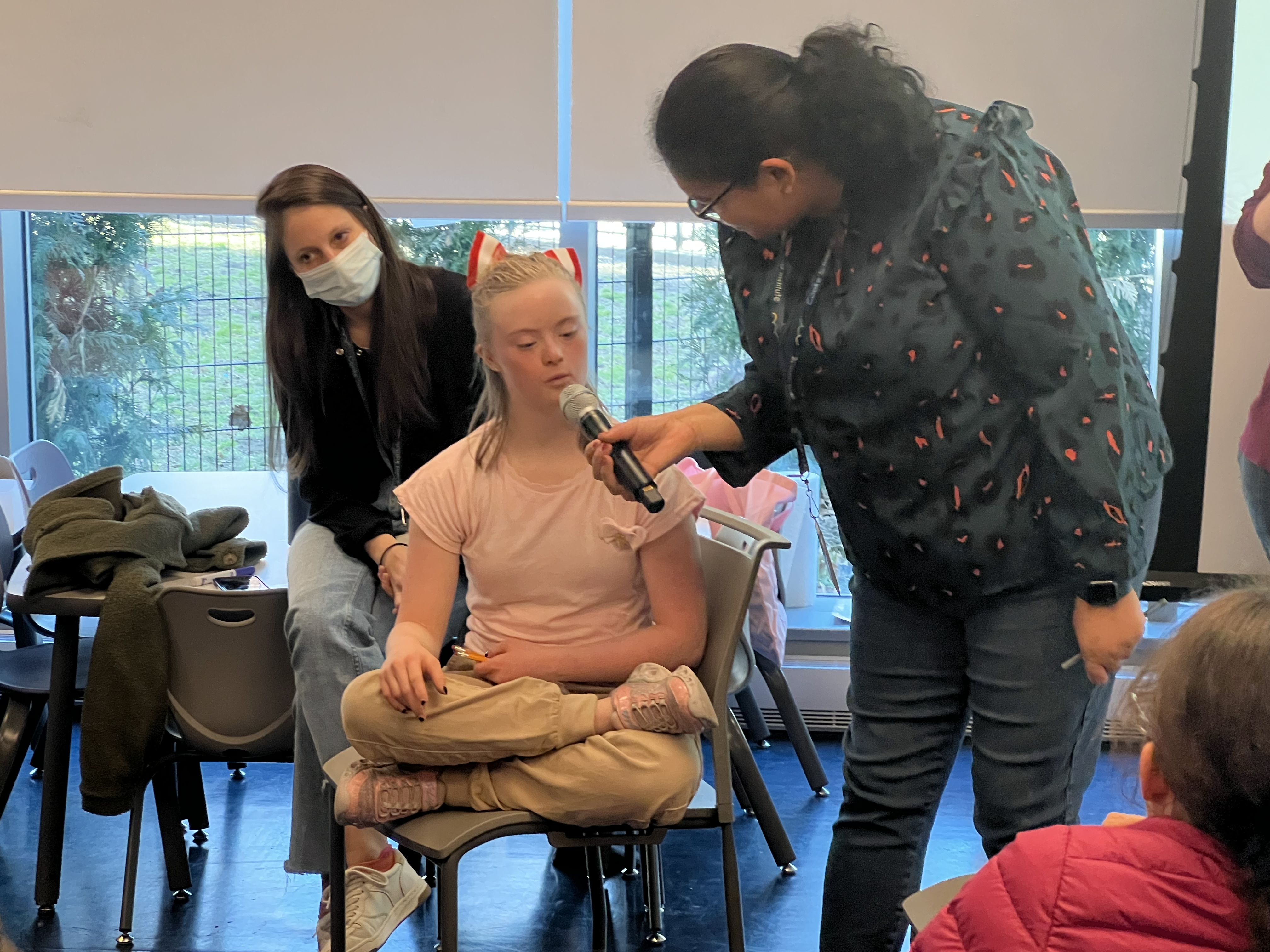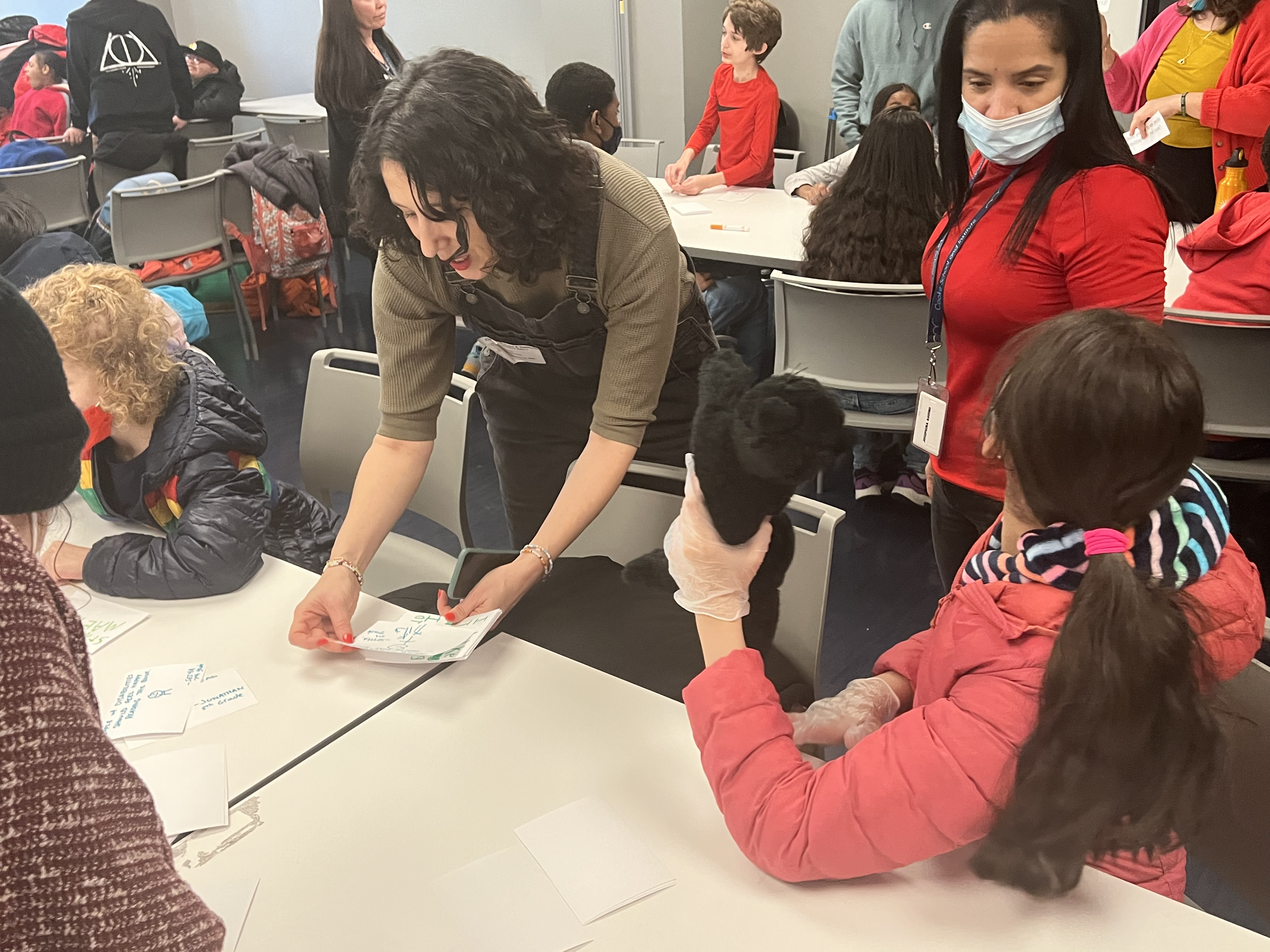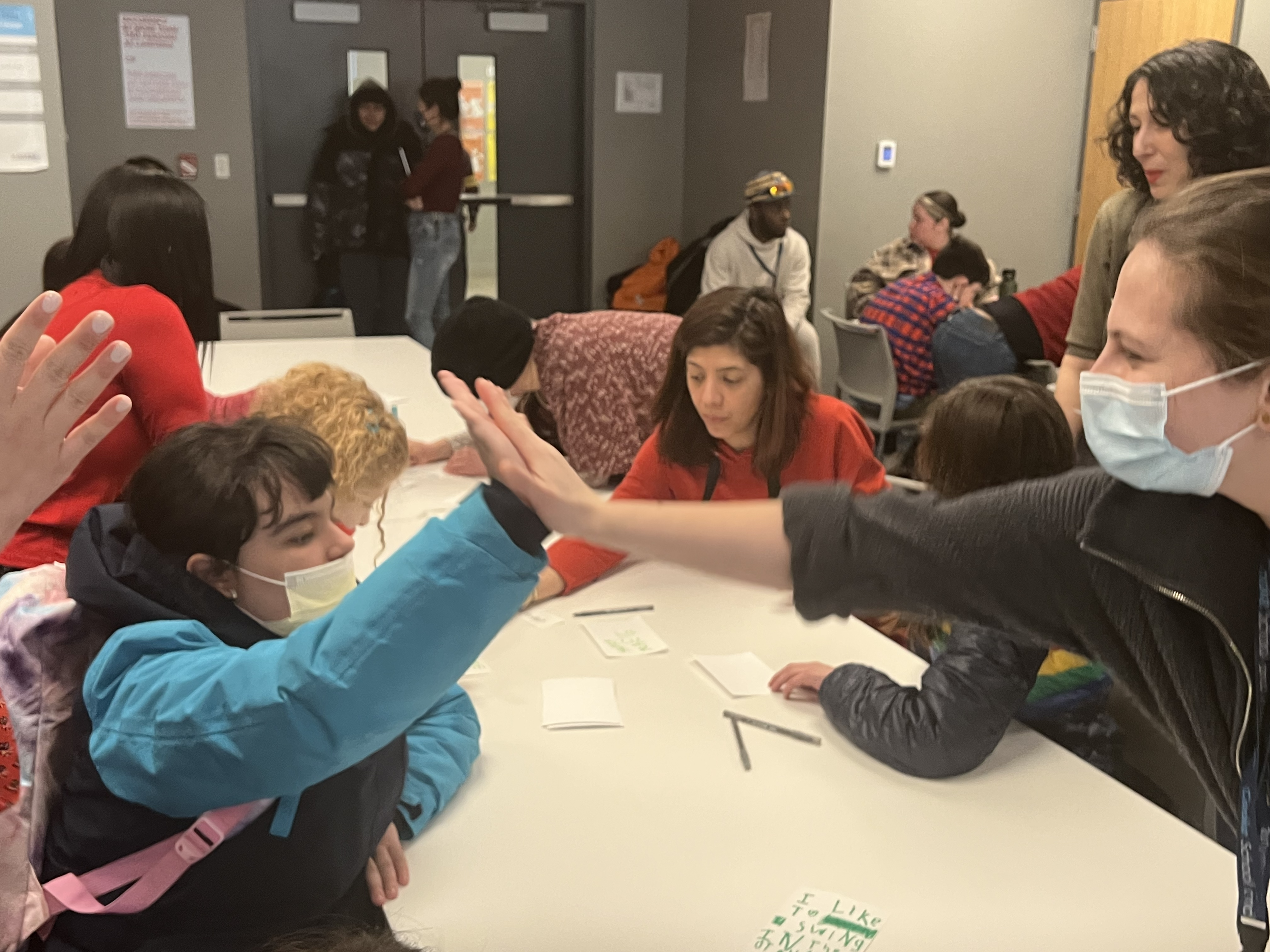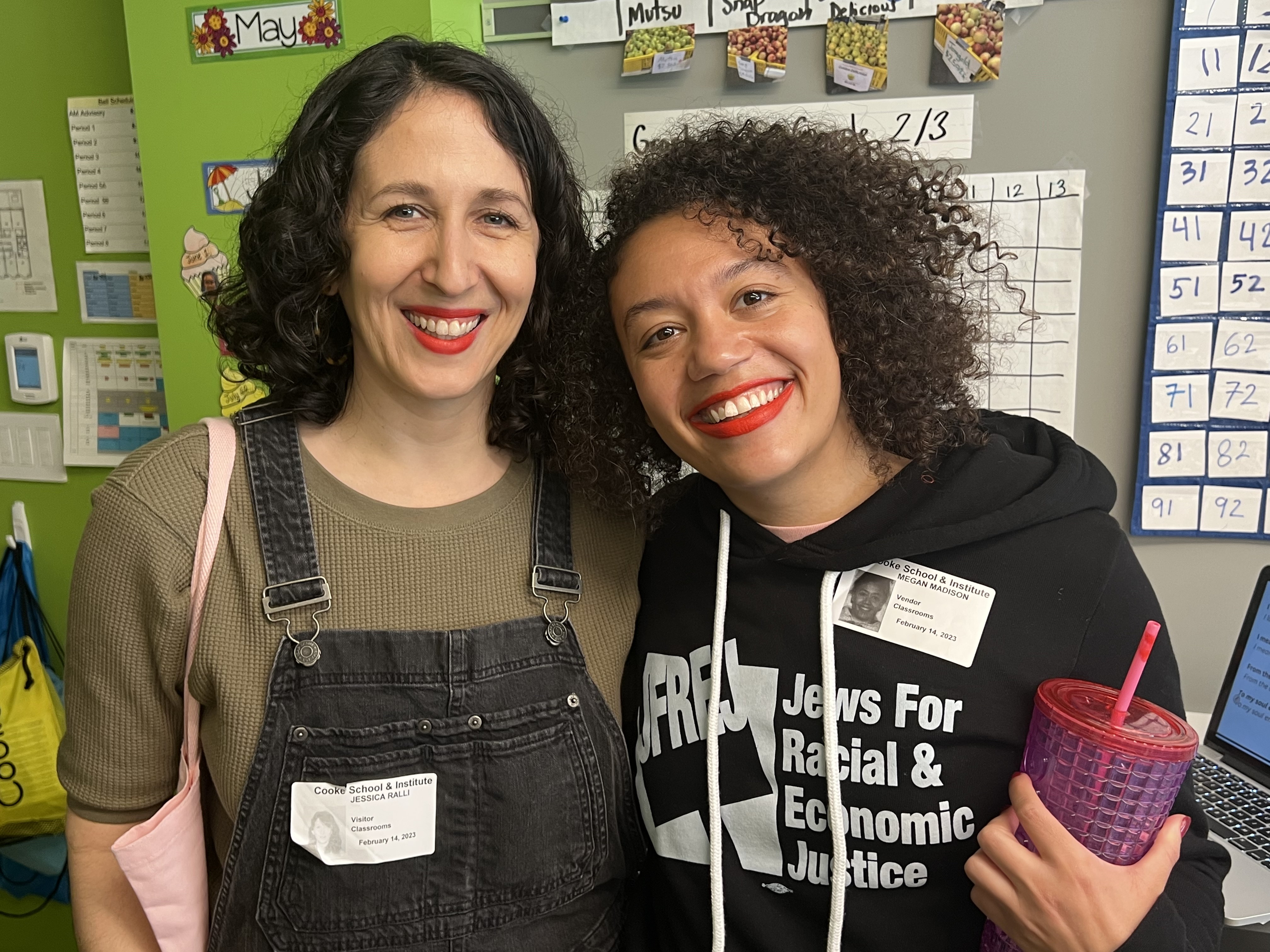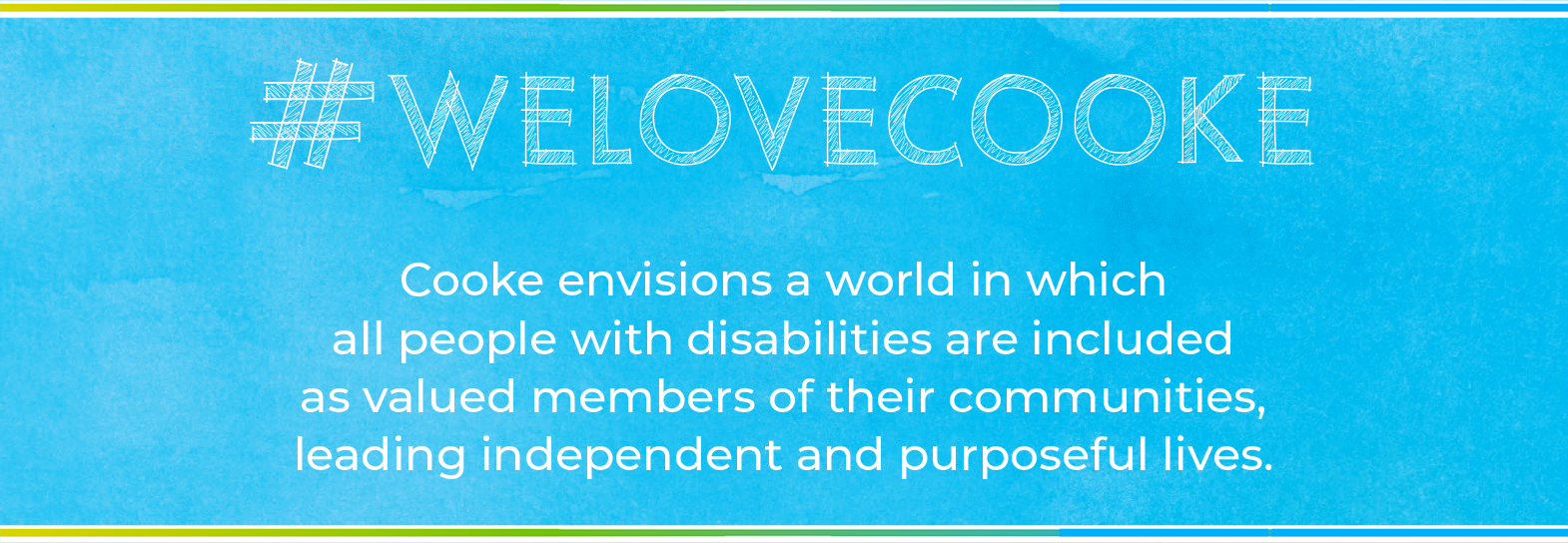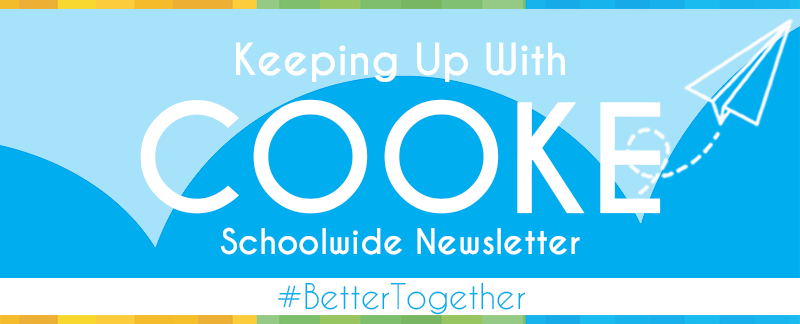

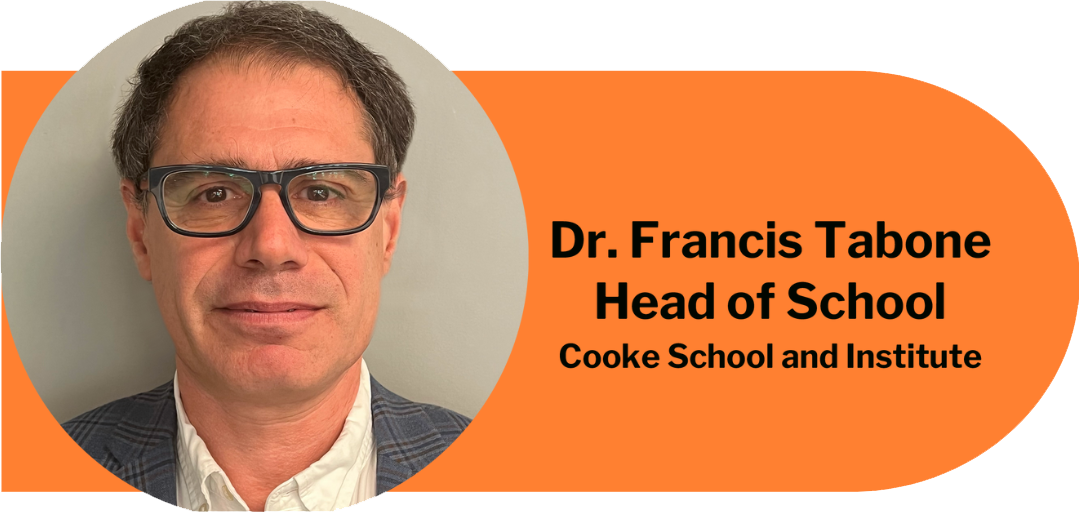
Cooke Diplomas
I get this question a lot: What type of diploma does a Cooke student receive when graduating? The simple answer is they receive a Private School Diploma recognized by the New York State Board of Regents. This is the same type of high school diploma distributed by many private high schools throughout the city.
Parents also ask how this compares to a New York State Diploma and if a Cooke diploma will be accepted by colleges. The answer is yes. However, there are many other qualifications besides a diploma that a college would need for acceptance (more on this later).
Here’s an outline of the types of high school diplomas that meet the state’s qualification requirements. Hopefully, this will answer some questions about the evolving options for a NY State diploma.
New York Regents Exams and Diploma Options
You probably know about the Regents exams. These assessments are unique to New York, and not necessarily linked to college acceptance. Many schools in the City opt out of these tests, preferring portfolio assessments or other performance assessments. Keep this in mind as we go down the list. In addition, there are options for students with disabilities that do not require Regents or traditional coursework.
For all types of diplomas, students need a certain amount of coursework over four years of high school in the core subjects (Math, English Language Arts, Science, and Social Studies) and a group of electives (Physical Education, Art, Music, etc.). Because Cooke students receive their education until the age of 21, they generally amass many more hours needed for graduation requirements than a traditional 4-year sequence (our students have three extra years).
These required subject hours are found in all the types of diplomas offered.
First is an Advanced Regents Diploma. Students have to pass 9 exams (score 65 or higher):
- English Language Arts (ELA)
- Three math exams (Algebra I, Geometry, and Algebra II/Trigonometry)
- One social studies exam (Global History and Geography or U.S. History and Government)
- Two science exams (Living Environment and one of these: Chemistry, Earth Science, or Physics)
- Any additional Regents exam, or another option approved by the State
- Any NYC World Languages exam (also known as Languages Other Than English (LOTE) exam)
Next is the Regents Diploma. A student needs to pass 5 exams (score 65 or higher):
- English Language Arts (ELA)
- Any math exam (Algebra I, Geometry, or Algebra II/Trigonometry)
- Any social studies exam (Global History and Geography or U.S. History and Government)
- Any science exam (Living Environment, Chemistry, Earth Science, or Physics)
- Any additional Regents exam, or another option approved by the State
Diploma Options for Students with Disabilities
For students with disabilities there are two options. First is the Local Diploma. This is a little confusing because there are different ways to pass. The easiest is to pass the same 5 exams as the Regents Diploma requirements with a score of 55 and above. Even then if you score 52, 53, or 54, you can appeal the score by passing the class the Regents was taken for; or a teacher can petition in favor of the student if they feel the student has met competency requirements; or a few other formulaic methods. You can even score 45-54 on two exams (not math and ELA). For each test you score 45-55, you must do the following: pass another test with a score of 65 or better, pass the class the Regents was taken for, and have satisfactory attendance.
The next option for Students with disabilities is not a diploma but a certificate called the Career Development and Occupational Studies (CDOS) Credential. The CDOS has no testing requirements and is given to a student when they turn 21. It is generally up to the school how they track the performance standard. This certificate is given to most District 75 students. Again, this is not a diploma but a certificate for students who have achieved work and basic academic skills.
Back to the original question, what is a Cooke diploma most similar to? It is the equivalent of a High School Diploma without the Regents requirements and standardized academic curriculum. Our curriculum is also modified to meet the needs of the students. It does not meet the same standards as a traditional high school. Nevertheless, the diploma (in and of itself) has the same recognition as any other type of diploma.
I believe most people ask about the Cooke diploma when thinking about high school graduation, and the college question. Very few of our students attend traditional college after they leave Cooke, but a few do. The diploma does not keep anyone from going to college, but bear in mind the other requirements necessary for traditional colleges. These can include entrance exams, SAT scores, and letters of recommendation. Fortunately, there are many programs (and more to come) for students when they leave Cooke. We started the St. John’s University partnership program at Transitions to give students the experience of being on campus. Now, there are programs after the age of 21 set up on campuses around the city. Students with disabilities have many more opportunities these days than as recent as five years ago.
My best,
Dr. Francis Tabone, Cooke Head of School
Cooke Celebrates Black History Month
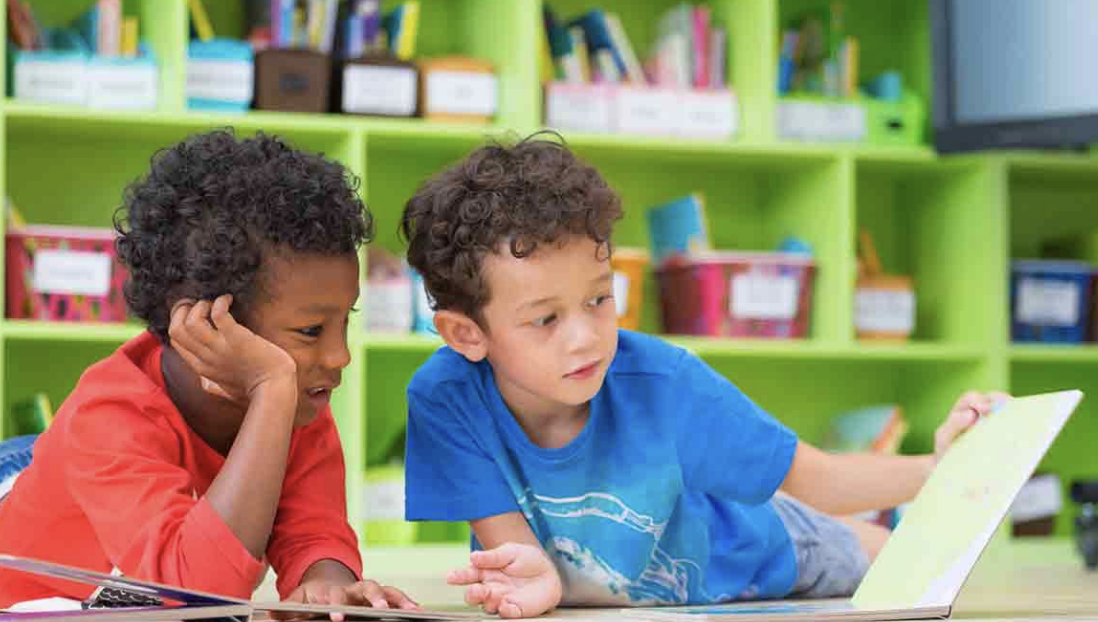
Each year in February, Cooke spotlights the histories, accomplishments, joys, creativity, and resiliency of Black and African-American communities, from the past and today. It is a time for reflection and celebration, and the Reading with Cooke monthly virtual library has been updated to provide resources that help guide and inform our community as they learn about the contributions and history of the African-American diaspora. The primary goal is to select “own voices” texts, meaning the book was written by, illustrated by, and/or about a main character who is Black or African American.
We aim to find read-alouds by the authors themselves. One of the authors highlighted in our studies is Derrick Barnes, the author of I am Every Good Thing. Mr. Barnes shared that he started writing books in part because he didn’t see himself represented on the cover of books when he was a child. To help students enjoy these books, Cooke staff participates in video read-alouds. Students love seeing their teachers reading!
New York Public Library Celebrates Black History Month with events for kids and adults: https://www.nypl.org/spotlight/blackhistorymonth
Happy Reading!
Check out Cooke’s Black History Month Virtual Library:
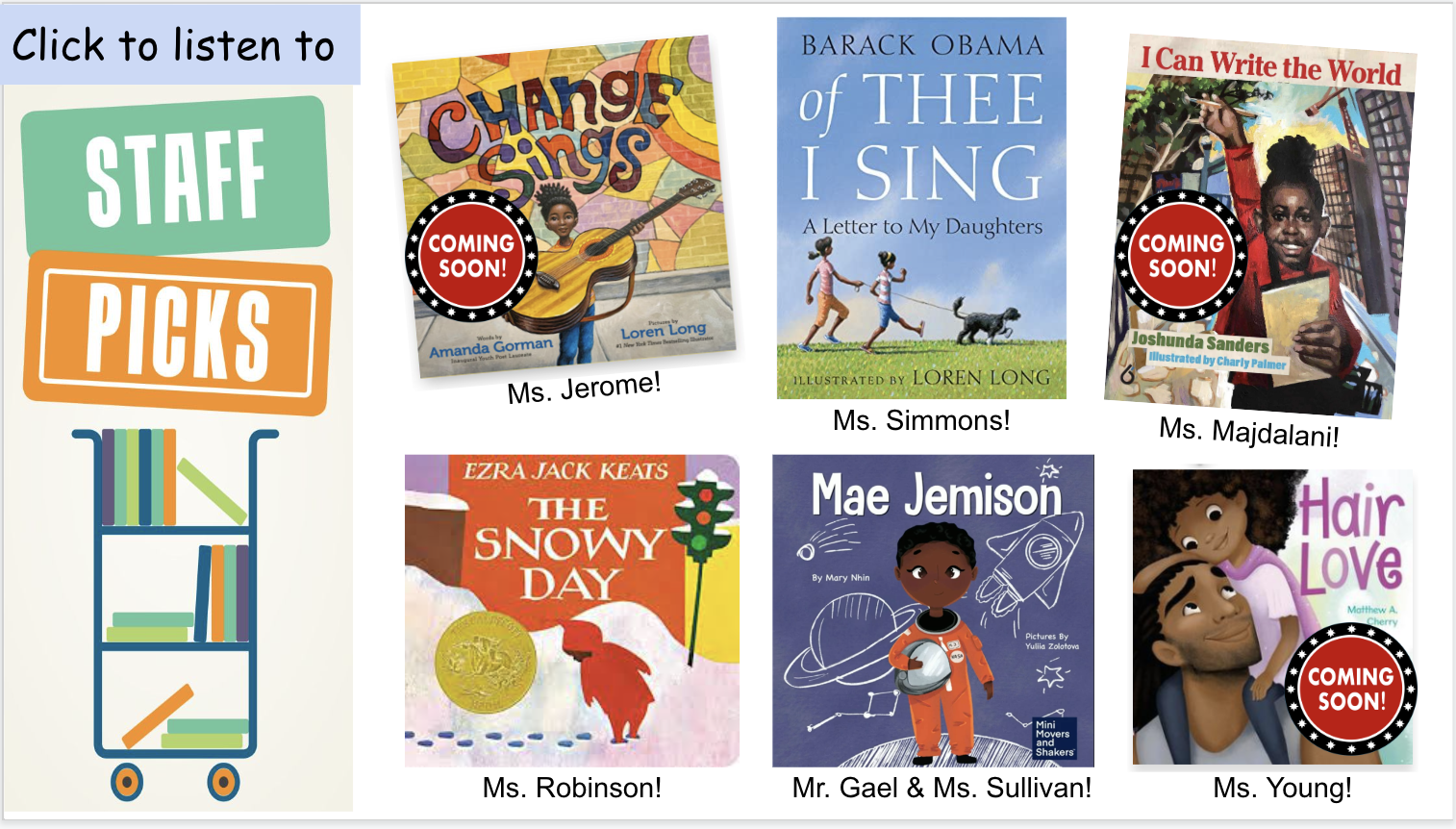
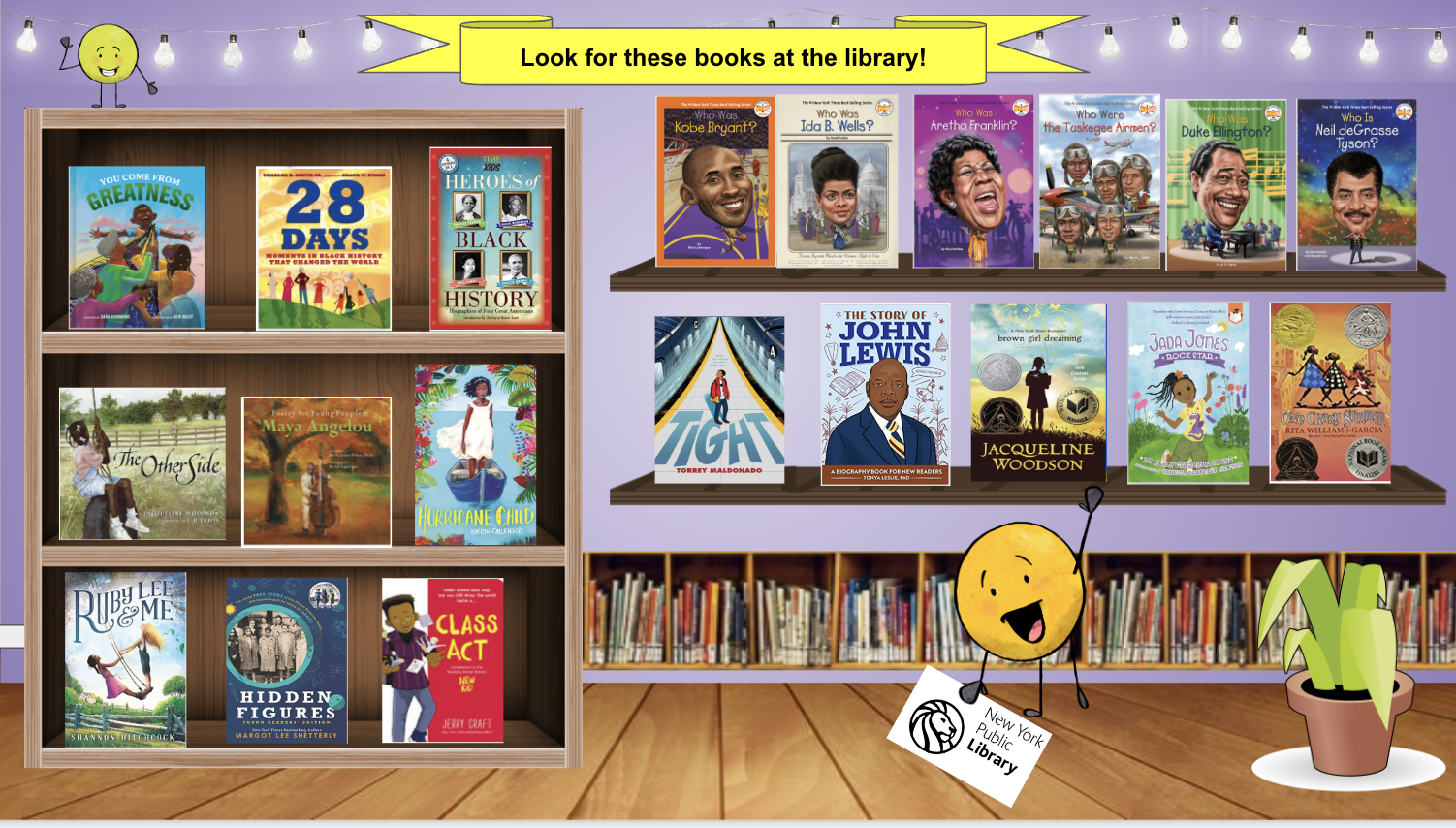
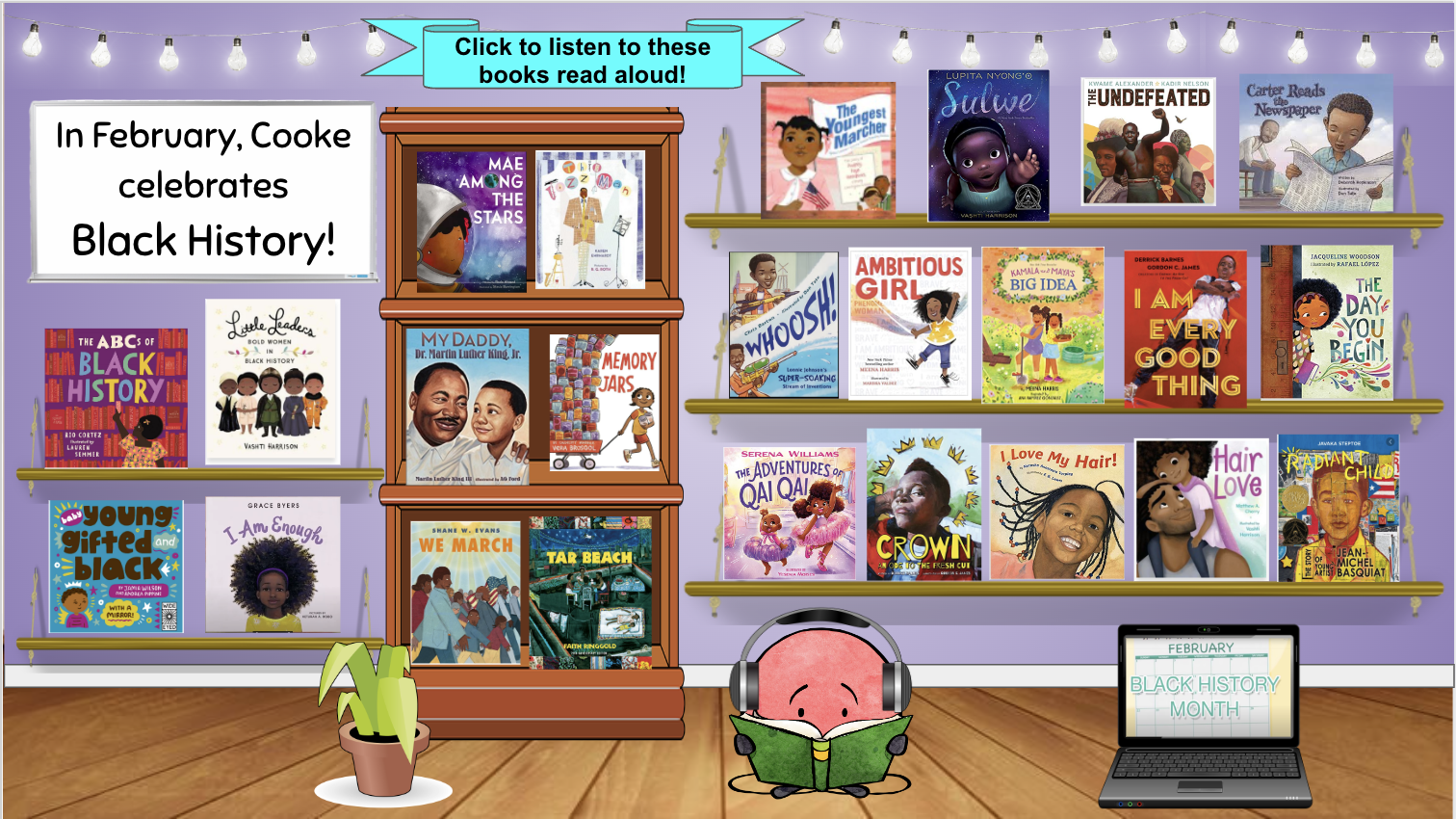
Calling All Parents and Guardians!
Alumni Services is conducting a short survey on Cooke graduates. We would greatly appreciate it if you could take the time to complete the survey and tell us what your family member has been up to since they graduated from Cooke. Your feedback will help us strengthen and build future programming!
Click HERE to complete the survey.
*Everyone that completes the survey will be entered into a raffle to win a $25 Amazon Gift Card!*
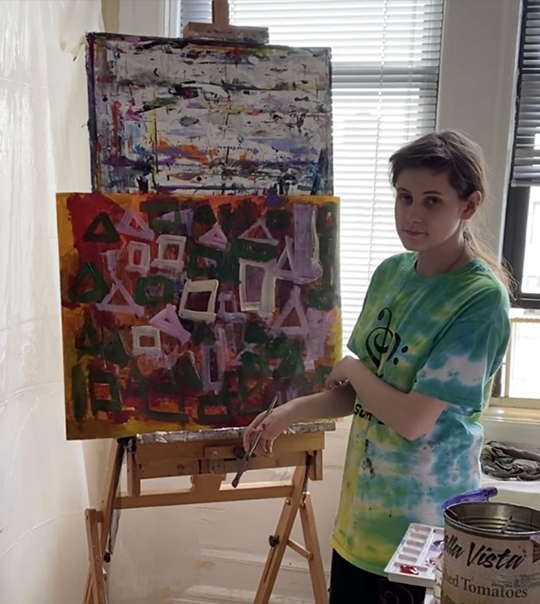
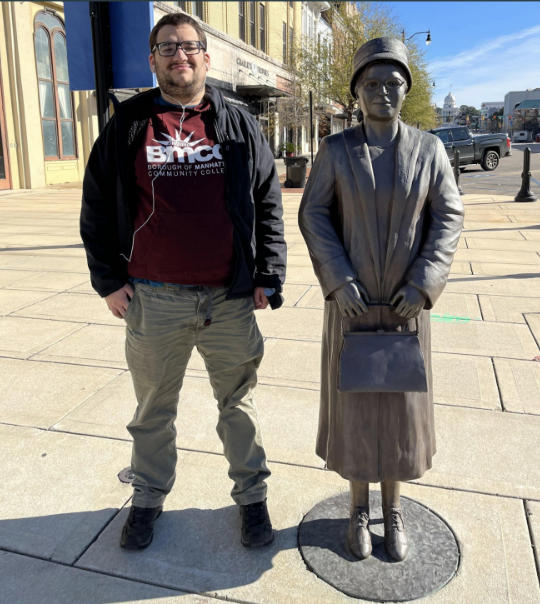
We Hope to See You!

You are invited to join Cooke School and Institute for the Food For Thought gala on May 24, 2023 at the Lighthouse, Chelsea Piers. We look forward to this cherished tradition to come together for the benefit of our students.
For more details and to register, visit: cookeschool.org/gala



